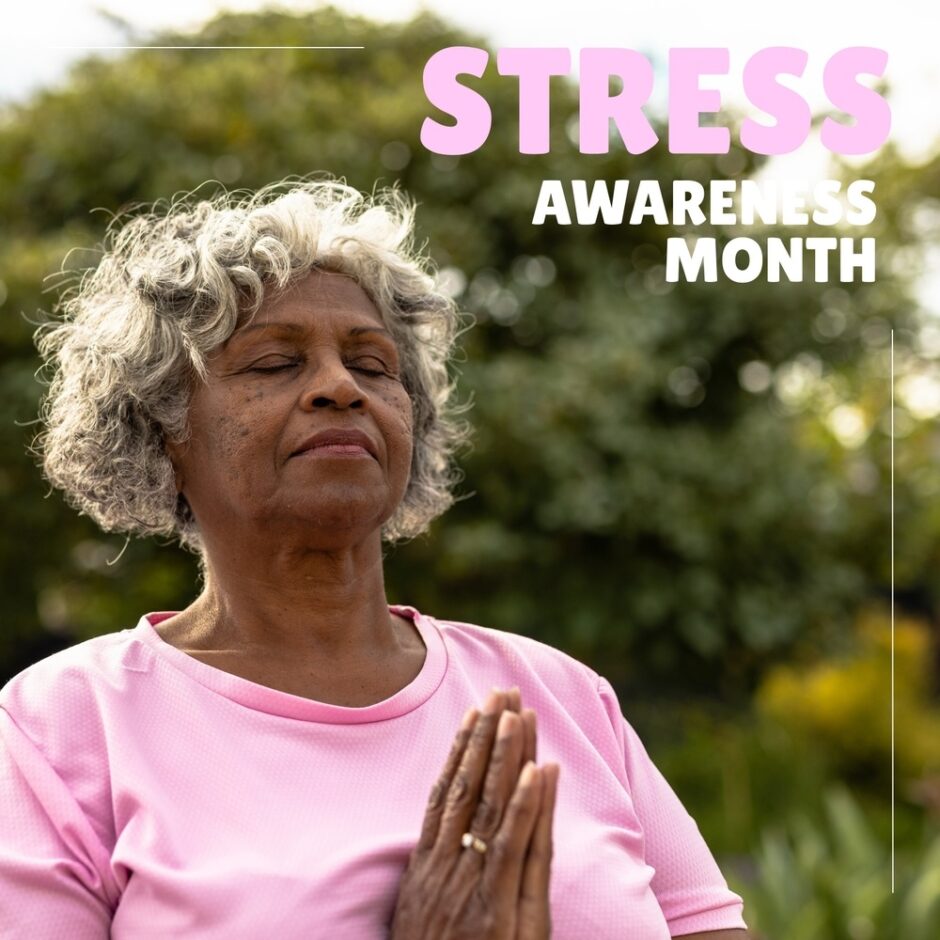

Stress and poor mental health are one of the biggest public health challenges that we’re facing. Sadly, even though that is the case, we are still not taking its impact seriously enough. Stress Awareness Month has been held every April since 1992 to raise awareness of the causes and cures for our modern-day stress epidemic. We want to provide our healthcare professionals with some ways they can work towards managing stress.
There are many ways to prevent stress. Here are a few things you can try:
1. Exercise: Regular physical activity can help reduce stress levels. Exercise releases endorphins, which are chemicals in the brain that can improve mood and reduce stress.
2. Practice relaxation techniques: Relaxation techniques like deep breathing, meditation, yoga, and progressive muscle relaxation can help you manage stress.
3. Get enough sleep: Lack of sleep can increase stress levels, so it’s important to get enough sleep each night.
4. Eat a healthy diet: A healthy diet can help reduce stress by providing your body with the nutrients it needs to function properly.
5. Manage your time: Poor time management can lead to stress. Make a schedule and prioritize your tasks to help manage your time effectively.
6. Stay connected: Social support can help reduce stress. Stay connected with friends and family, and consider joining a support group.
7. Avoid or limit alcohol and caffeine: Alcohol and caffeine can increase stress levels, so it’s best to avoid or limit them.
Remember that everyone experiences stress differently, so it’s important to find what works best for you. If you’re having trouble managing stress on your own, consider seeking additional support. Stress Management Society have put together ‘The 30 day challenge’ they encourage you to pick one action each for your Physical, Mental and Emotional Wellbeing to carry out every day take a look here.